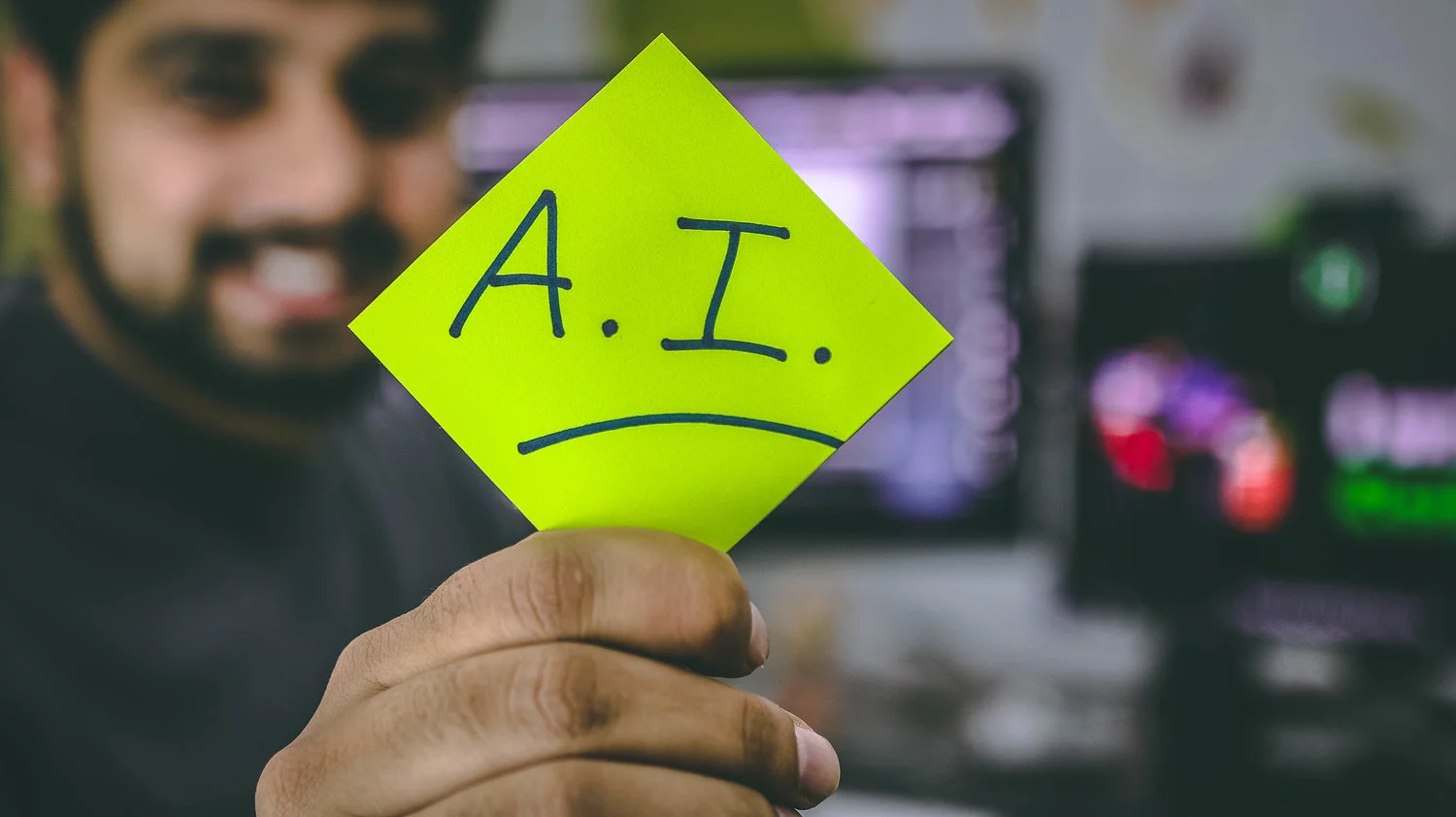WEB DESK, July 20(ABC): Researchers from the Moscow Institute of Physics and Technology, Ivannikov Institute for System Programming, and the Harvard Medical School-affiliated Schepens Eye Research Institute have developed a neural network capable of recognizing retinal tissues during the process of their differentiation in a dish.
Unlike humans, the algorithm achieves this without the need to modify cells, making the method suitable for growing retinal tissue for developing cell replacement therapies to treat blindness and conducting research into new drugs. The study was published in Frontiers in Cellular Neuroscience.
In multicellular organisms, the cells making up different organs and tissues are not the same. They have distinct functions and properties, acquired in the course of development. They start out the same, as so-called stem cells, which have the potential to become any kind of cell the mature organism incorporates.
They then undergo differentiation by producing proteins specific to certain tissues and organs. The most advanced technique for replicating tissue differentiation in vitro relies on 3D cell aggregates called organoids.
The method has already proved effective for studying the development of the retina, the brain, the inner ear, the intestine, the pancreas, and many other tissue types. Since organoid-based differentiation closely mimics natural processes, the resulting tissue is very similar to the one in an actual biological organ.
Some of the stages in cell differentiation toward retina have a stochastic (random) nature, leading to considerable variations in the number of cells with a particular function even between artificial organs in the same batch. The discrepancy is even greater when different cell lines are involved.
As a result, it is necessary to have a means of determining which cells have already differentiated at a given point in time. Otherwise, experiments will not be truly replicable, making clinical applications less reliable, too.

